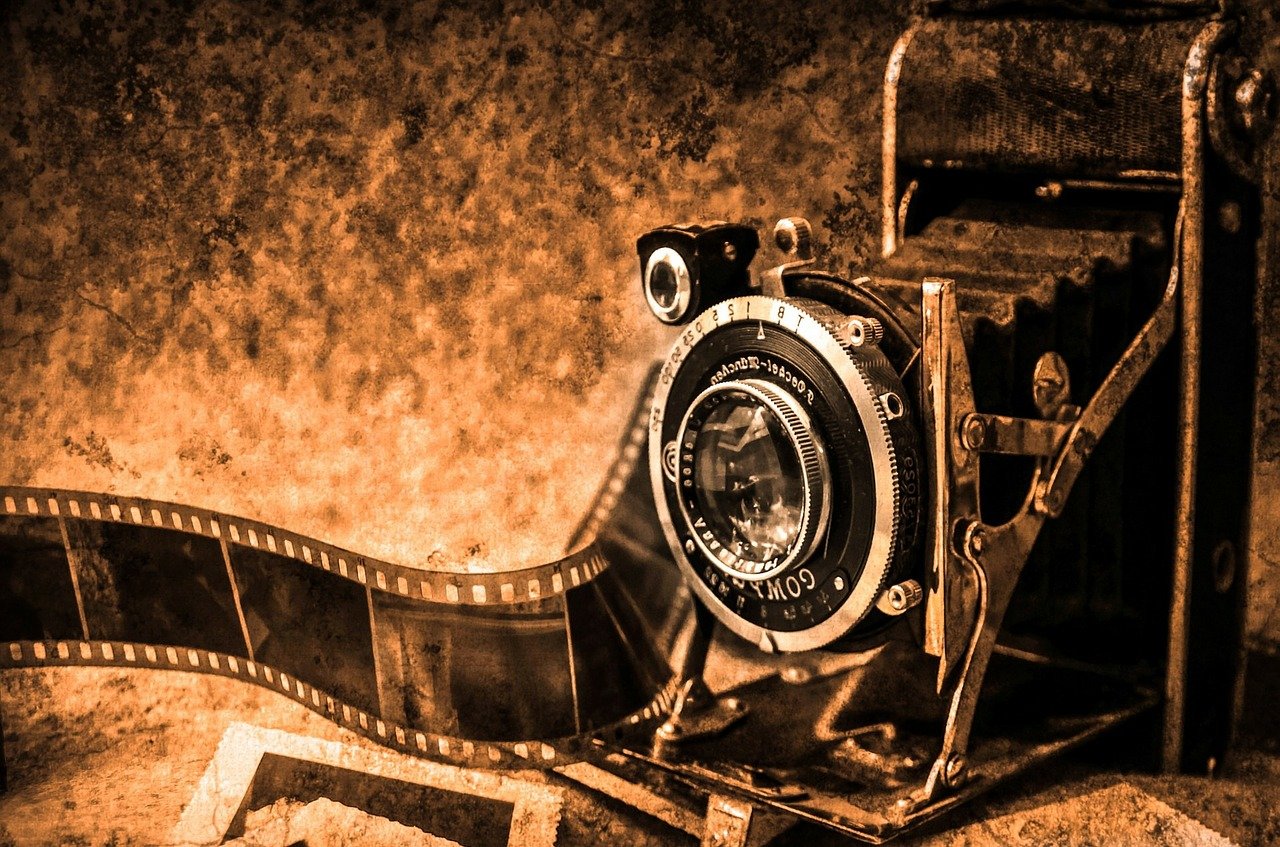The movie industry is booming, even after the pandemic changed the way we enjoy new releases. While cinemas and theaters seem to be barely holding on, the rise of streaming platforms allowed filmmakers to continue their work and push out new amazing movies.
Still, the end-users don’t really understand just how much work and man-hours go into producing masterpieces like the Marvel Cinematic Universe or Anne of Green Gables. Plus, after investing months into creating wonderful visual worlds that will mesmerize the audience, filmmakers also have to worry about legal issues like Intellectual Property (IP).
While all authors are considered covered by default by the copyright laws, when it comes to such an expensive product as a film, it’s best to get the lawyers involved. The filmmaking product and procedures are unique for each production, and if you want to protect your work, you have to use proper legal methods.
If you are ready to let the world discover your amazing work, you have to take a look at the legal methods of protection available in your country. For instance, if you are filming a Canadian production, there are three main options to consider:
#1: Moral Rights
The moral rights definition tells us that the author of an original work has the right to ensure the intent behind their creation is fully preserved. Therefore, their work can’t be used in adaptations without their explicit consent and approval of the final project.
Moral rights were designed as a method to protect the author’s reputation against unapproved alterations of their work. This means that a filmmaker cannot base their work on a book or script without consulting with the author first. If they forgo this obligation, the author has the right to sue if they don’t agree with the filmmaker’s point of view with regards to their original work.
The same goes for a movie. If the author doesn’t give explicit consent, the material cannot be altered or used as an inspiration to create follow-ups to the original work.
#2: Copyright
In Canada, every author of an original work benefits from copyright. This means that, if they can prove they are the original author, they are protected by default by the Canadian copyright laws. Plus, these laws protect a wide range of people from creatives and authors, to filmmakers, and even software developers. This type of legal protection allows artists and creatives everywhere to make a living off their work and continue with their mission of making the world a better place through their craft.
However, if you want bullet-proof copyright protection, it’s best to apply for copyright with the local IP authorities. Filmmakers can even copyright different elements such as the script, the screenplay, or the characters (to name a few).
#3: Trademark
Have you noticed how anyone who wants to use the word Marvel on their merchandise or in commercials, has to pay a license fee? That’s because Marvel is a brand protected by trademark law.
While trademarks don’t protect original works (like copyright does), filmmakers can use trademarks to protect the brand that’s assigned to the film. They can also trademark the name of the production company or any specific symbols associated with the movie production.
Wrap Up
Being a filmmaker or an actor doesn’t necessarily guarantee your success. Still, there are quite a few Canadian actors who managed to climb the ladder to success and became incredibly well-paid stars.
However, in order to get there, both the actors and the movie producers had to learn how to protect their work using the legal tools at their disposal. This step is crucial if you hope to share your work with the entire world!

